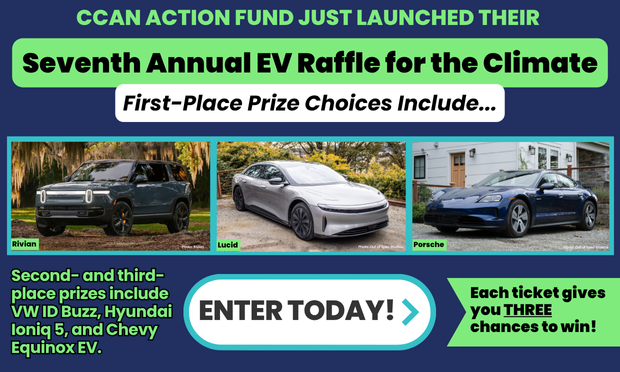Transportation is vital. High-quality, reliable public transit service is essential for Virginians to access their jobs, schooling, healthcare, education, and shopping needs.
Yet it’s often unreliable and inaccessible in the places that need it most. At the same time, transportation is Virginia’s biggest single source of greenhouse gasses and other toxic pollutants — for which low-income communities are most likely to face the consequences.
We believe that we can transform Virginia’s transit sector from a major cause of climate change to part of the solution, while improving social justice at the same time.
Our Two-Pronged Approach:
Reimagining our Transportation Systems
Car culture has saddled us with immense air pollution at the same time that it has spawned sprawling suburbias with little access to jobs, food, healthcare, and recreation. Layers of oppression have been baked into the structure of how we live and move through our neighborhoods. Predominantly Black communities face a higher risk of premature death from particle pollution than whites do. This is due to the long-lasting effects of racialized housing policies, which resulted in greater exposure to things like busy, dirty highways. Specifically, Richmond neighborhoods redlined in the 1930s remain some of the hottest in the city today with little tree cover–leaving residents more susceptible to negative health outcomes. And highways that bisect poor communities like Route 1 disproportionately expose residents to harmful air pollution from cars and shipping.
The easiest way to reduce vehicle miles is to get Virginians out of their cars. This means making public transit between urban centers more affordable, accessible, and reliable, as well as creating bikeable and walkable communities.
But currently, many communities have little to no access to public transportation. In 2018, riders of Hampton Roads Transit (HRT) had to deal with 18,653 scheduled buses that never showed up. And two of our state’s biggest bus systems—HRT and the Greater Richmond Transit Company—were ranked two of the three worst-funded public transit systems in the country per capita.
We’re campaigning to increase funding for public transportation across the state. Join us in taking action today!
Bringing EV Charging to Everywhere in VA
Major manufacturers are quickly phasing in electric vehicles, and some have all-electric commitments as soon as 2030. But right now, charging infrastructure and federal dollars are mostly directed to major highway corridors and urban areas. To ensure that people can continue to comfortably travel around and visit every corner of the Commonwealth, the state needs to prioritize creating charging stations in our scenic and rural regions.
Our rural areas are some of the most scenic and beautiful places in Virginia, and many of them depend on a thriving tourism industry in order to keep schools and hospitals open. Without charging infrastructure in rural areas, people will not be able to visit our most cherished, beautiful regions.
To ensure that rural and low-income localities continue to be able to support a thriving tourism industry, and the essential services provided by associated tax dollars, we must ensure that the state sets aside funding to create the necessary charging infrastructure.
Tell your Virginia legislators: Don’t leave rural Virginia behind. Expand EV charging!
Take Action
Want to volunteer for the campaign? Sign up for a one-on-one with a Virginia organizer, or fill out your volunteer interest in a survey here.
KEY ARTICLES:
- Biden awards $1.7 billion to boost electric vehicle manufacturing and assembly in 8 states. Associated Press, July 11, 2024
- No shortage of opinions on Youngkin EV decision. VPM, June 13, 2024
- Youngkin’s illegal attempt to kill Clean Cars emissions standards, Virginia Mercury op-ed, June 11, 2024
- Statement from CCAN Action Fund’s Virginia Director, Kim Jemaine, on the Passage of Clean Car Standards in Virginia. February 19, 2021
- Continuing climate change fight, Virginia lawmakers commit to clean car standards. Virginia Mercury, February 19, 2021
- Hanover NAACP asks for temporary halt to Wegmans distribution center work. Virginia Mercury, December 17, 2021
- How Decades of Racist Policy Left Neighborhoods Sweltering. New York Times, August 24, 2020
RESOURCES
- Click here for a factsheet about Advanced Clean Car Standards 2021: CCAN Action Fund
- Click here for background about vehicle pollution: VA Conservation Network
- Click here for a fact sheet about vehicle pollution in VA: VA Conservation Network
- Click here for a list of states that have adopted clean car standards: Maryland Dept. of the Environment
- Background about clean car standards: Environmental Defense Fund
- Click here for background about the VCEA: Virginia Mercury
- Click here for information about fare free transit: Greater Greater Washington
- Click here to read the Virginia AG’s statement about Trump’s rollback of emissions standards



